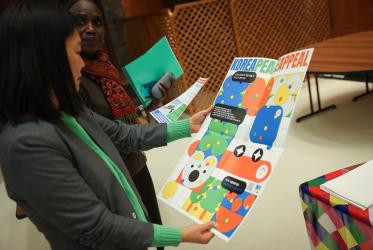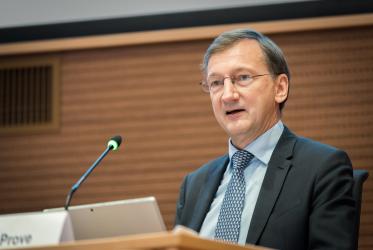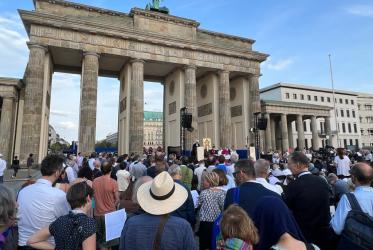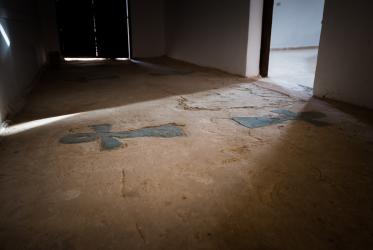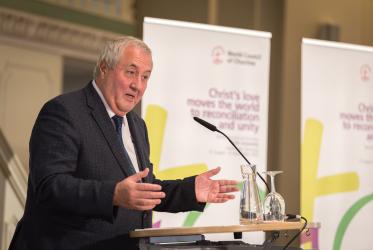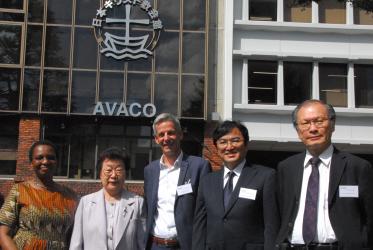Displaying 1 - 20 of 60
07 December 2023
"A world free from nuclear weapons is possible"
11 September 2023
Dr Abuom reflects on women of faith as healers of creation
05 October 2021
WCC well-represented in Religions for Peace leadership
07 October 2019
In Japan, theologians reflect on today’s global manifestations of racism
18 September 2019
A passionate Korean feminist and ecumenist
21 August 2019
Religions for Peace assembly convenes in Lindau
19 August 2019
WCC represented at G20 Interfaith forum in Tokyo
13 June 2019
Peacemakers at work in Sri Lanka
29 April 2019
Peace is common denominator of all major religions
05 March 2019
